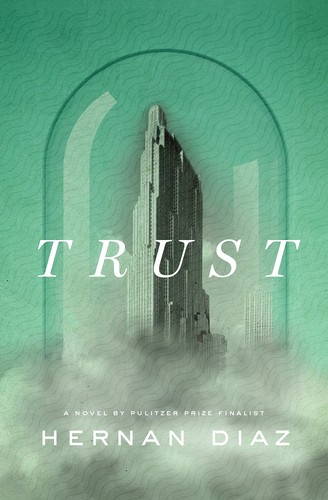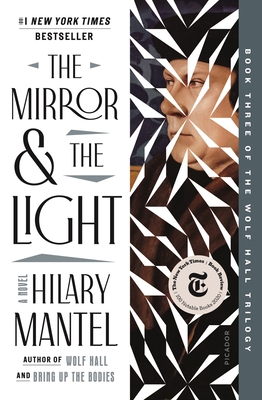Iceland read
User Profile
Associate Professor of English, Rutgers University Camden Writing about early national lit in the Americas, environmental lit, Indigenous lit, horror and affect in general Reading for work, fun, and all points in between
This link opens in a pop-up window
Jillian's books
User Activity
RSS feed Back
Jillian started reading The Dangers of Smoking in Bed by Mariana Enriquez

The Dangers of Smoking in Bed by Mariana Enriquez, Megan McDowell
Following the "propulsive and mesmerizing" ( New York Times Book Review ) Things We Lost in the Fire comes a …
Jillian finished reading Trust by Hernan Diaz

Trust by Hernan Diaz
Even through the roar and effervescence of the 1920s, everyone in New York has heard of Benjamin and Helen Rask. …
Jillian started reading Trust by Hernan Diaz

Trust by Hernan Diaz
Even through the roar and effervescence of the 1920s, everyone in New York has heard of Benjamin and Helen Rask. …
Jillian finished reading An Island by Karen Jennings
Jillian started reading An Island by Karen Jennings
Jillian finished reading Haven by Emma Donoghue
Jillian started reading Haven by Emma Donoghue
Jillian finished reading The Day Before the Revolution
Jillian finished reading Greek Lessons by Han Kang (duplicate)
Jillian quoted Midwest Futures by Phil Christman
Every human is so many other humans – and you feel that in the Midwest, wandering through those squares, among those people, who, on paper, could have been you. Opening the door of your house you feel as though it is yours by some inconceivable coincidence: this, and not the others. You feel doubled, cloned. You feel déjà vu in your own subjectivity.
— Midwest Futures by Phil Christman (Page 137)
Jillian quoted Midwest Futures by Phil Christman
Horror and science fiction, in particular, have made much of the Midwest, often using it as an image of every day normality that hides a series of evil, doubles, or Stan’s upon a shadow world of nasty impulses.
— Midwest Futures by Phil Christman (Page 88)
Of course he attributes this also to Haddonfield in Halloween, but the original Haddonfield is in south jersey
Jillian quoted Midwest Futures by Phil Christman
The racism of the Midwest is, in part, a fulfillment of the violence inherent in the idea of “settling“ what was already occupied. We’re still settling. Think of those people who moved to Detroit, start a coffee shop, become (even more) comfortably upper - middle – class, and sigh, “Just a few years ago, there was nothing here! “ The writer, Liz Lenz, in her memoir God Land (2019), calls this sort of thing, correctly, a “colonizing impulse”: to look somewhere and see “see a barren landscape that needs your new ideas.” Even long – settled cities become a fund that must be made to pay.
— Midwest Futures by Phil Christman (Page 83)
Jillian quoted Midwest Futures by Phil Christman
In Toni Morrison Song of Solomon (1977), one of the great Midwestern novels, Michigan is a compromise location for a black family that may have an untapped ability to fly back to Africa, or beyond to some place none of us yet know. It’s not a place of safety; it’s just somewhat better. This is the sense one receives from reading the testimony of those who moved north during the Great Migration. There’s the feeling of a stalled movement, a kind of midwayness about this treacherous place. You might think you were safe here, but Michigan’s prison system is as racist, Minneapolis’s police department as brutal, as anywhere in the country. These are compromise locations, halfway to acceptable.
— Midwest Futures by Phil Christman (Page 82)
Jillian quoted Midwest Futures by Phil Christman
Henry Ford reimagined people as labor- providing robots, solvers of an equation in which the variable for time could be eternally squeezed. He built, in his brain, or in the jungle, an imitation utopia for them, an ersatz Dearborn, in which they could never quite make themselves live. He grew old resenting the failure of actual humans to enact a future from which he had quite unconsciously excluded them.
— Midwest Futures by Phil Christman (Page 66)










